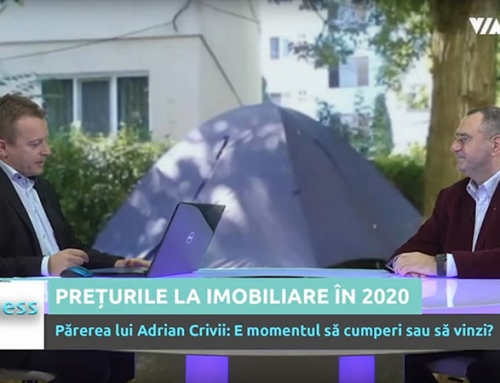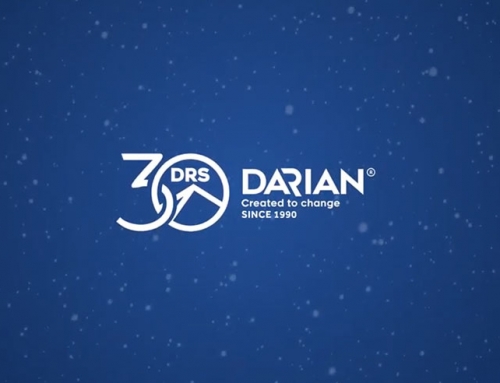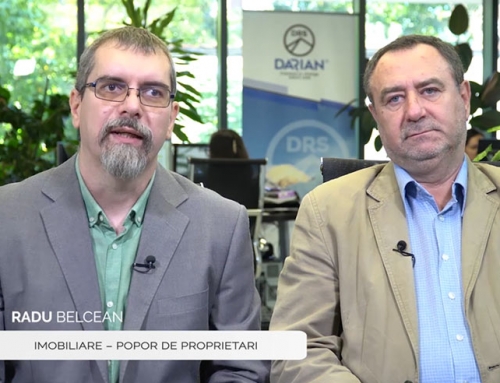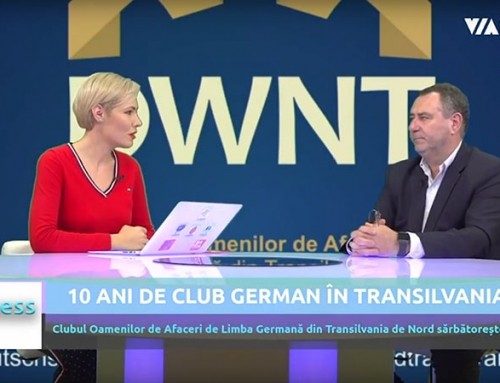If ten years ago the greed of bankers generated an unprecedented economic-financial crisis, I think that in the near future the politicians who have mbraced the nationalist-populist doctrine could be the detonator of a new global crisis. Its trigger could be the commercial isolationism and protectionism, having as starting point a misunderstood nationalism, more and more heads of state are tempted to turn to. We have the eloquent example of Donald Trump’s policies, who withdrew US from the Trans-Pacific partnership and tries to impose commercial barriers in trade relations with Canada and Mexic, in the NAFTA treaty and even with Europe.
The American protectionism could cause trouble to the European car industry and especially to the German one. On this segment Germany is extremely competitive and has a high level of sales in the United States, but also in China. Any shock in the car trade, such as the increase of customs duties or other measures that could lead to a higher pressure on the German industry will also lead to the slowdown of car exports from Germany, EU, and China will put more pressure on the German industry, but it will also lead to the increase of the level of indebtedness of the population. We must be aware that in the mother country, at the central office take place mainly research-design, marketing and management activities of these companies. The factories of German car firms are located in other countries such as Hungary, Slovakia, Poland and other countries in the East. Romania is present also in this circuit through the factories of car parts that have come to play an important role in the industrial production in our country.
At the moment when a shock will appear on the automotive segment, this will propagate very rapidly on the entire industry chain, today at the highest level of all times, touching the factories that manufacture parts, on which machines are assembled, but it will also struck the software industry connected more and more strongly to this field. Starting from this scenario, considering the weight of the automotive industry in the European economy a marked fall of sale, determined by the protectionist policies of countries that import European cars would be the trigger of a new crisis.
Even if no obvious signs have yet appeared to predict the occurrence of a crisis, it does not mean that the world economy is not threatened by recessioni, in a more or less distant future. The high volume of money injected on the market by the great central banks cheapened the costs of loans and and implicitly of capital. Starting from thse low costs, the bank financing soared and moves forward in alert rhythms, encouraging first of all consumption and then investment. The occurrence of possible barriers in the trade relations can have the effect a suden brake of consumption, then followed by an abrupt decrease of production, with the consequences of rigor.
This reached such a level that any movement in this area can significantly influence the development of the economy. Protectionism we talked about earlier, strongly promoted by the new American president could signify a drastic reduction of China’s exports towards the United States but also to the European Union, because generally the trade wars escalate and they end up influencing the trade relations among several partners. In China’s case there are suspicions that the alert rhythms of of economic growth of 7-8% announced by the authorities are not necessarily real and even these cosmetized figures show a decelaration of the Chinese economy. It seems that in reality China’s economic growth is just at half of that announced by the authorities. If these suspicions rpove to have a real basis, we have a new threat on the world economy, this time coming from Asia.



Adrian Crivii is the founder of Darian DRS SA and the coordinating partner of the management teams across all the divisions of Darian Group. He has also been a member of ANEVAR since 1993 and an honorary member of the Royal Institution of Chartered Surveyors (RICS). Adrian Crivii is a REV valuer (Recognised European Valuer) and graduated the Machinery and Equipment Valuation Course (ME 201-206) of the American Society of Appraisers.






